
New research revealed that structured lifestyle programs could significantly enhance cognitive function in older adults at risk of decline, outperforming self-guided interventions.

New research revealed that structured lifestyle programs could significantly enhance cognitive function in older adults at risk of decline, outperforming self-guided interventions.

In episode 5, the sleep specialists examine actigraphy data from a study of TAK-861 in narcolepsy type 1 and discuss the promise of home-based sleep tracking in clinical care. [WATCH TIME: 3 minutes]

In a new study presented at AAIC 2025, findings showed that walking significantly slowed cognitive decline in APOE ε4 carriers, especially among Black and White women.

A new study presented at AAIC 2025 suggested that combination therapy with cardiovascular medications was associated with slower cognitive decline in older adults.

In this segment, Eric Olson, MD, and Anita Shelgikar, MD, discuss the design of the Vibrance-3 trial, a phase 2 study of the orexin-2 receptor agonist ALKS 2680 in patients with idiopathic hypersomnia. [WATCH TIME: 4 minutes]

In episode 3, Drs. Olson and Shelgikar break down a retrospective study exploring how social determinants of health impact the clinical experience of patients with narcolepsy. [WATCH TIME: 6 minutes]

Panelists Eric Olson, MD, and Anita Shelgikar, MD, examine interim data on high-dose low-sodium oxybate in patients with narcolepsy, discussing safety signals, efficacy trends, and clinical considerations. [WATCH TIME: 4 minutes]
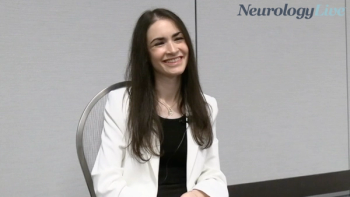
The postdoctoral neuropsychology fellow at North Shore University Hospital talked about recognizing and aligning subjective cognitive complaints with objective assessments in patients with migraine during the interictal period. [WATCH TIME: 6 minutes]

In this episode, Eric Olson, MD, and Anita Shelgikar, MD, review the XYLO study’s findings on the impact of switching from high- to low-sodium oxybate on blood pressure in patients with narcolepsy.

Members from Nuvig Therapeutics discussed the rationale and therapeutic development of NVG-2089, a novel anti-inflammatory agent being studied for chronic inflammatory demyelinating polyneuropathy.
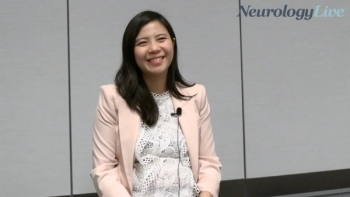
The associate professor of neurology at Mayo Clinic Rochester talked about using artificial intelligence-electrocardiogram at baseline to predict adverse vascular events in patients with migraine. [WATCH TIME: 5 minutes]
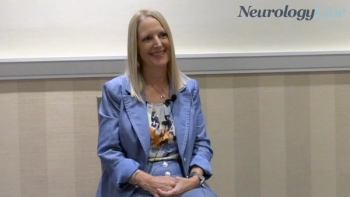
The chief program officer at PMD Alliance described an interactive program designed to help health care providers better understand the lived experience of patients with Parkinson disease and related movement disorders. [WATCH TIME: 6 minutes]
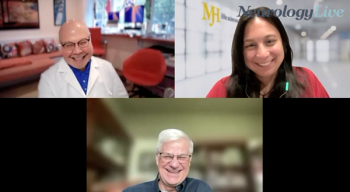
A duo of experts discussed a novel hybrid trial approach combining in-home video assessments with traditional visits to improve Parkinson disease research participation and assess a new investigational therapy. [WATCH TIME: 7 minutes]
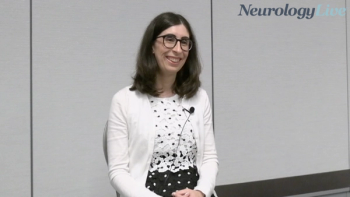
At AHS 2025, the assistant professor of neurology at the Icahn School of Medicine at Mount Sinai highlighted the challenges LGBTQIA+ individuals may face in migraine care. [WATCH TIME: 6 minutes]
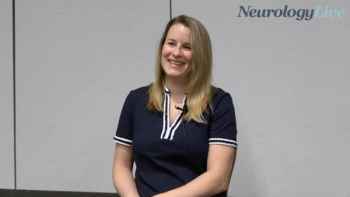
The assistant professor of neurology at Wake Forest Baptist Atrium Health discussed emerging research on how breast size may contribute to headache disorders, including migraine. [WATCH TIME: 5 minutes]
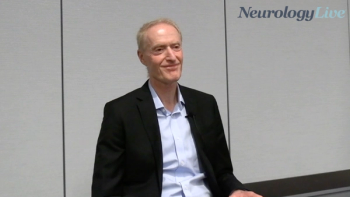
The professor of neuroscience at Harvard Medical School highlighted gaps in headache care access, provider training, and medication availability in regions like Kenya and the Philippines. [WATCH TIME: 5 minutes]

Nester Tomycz, MD, director of neurosurgical pain division at Allegheny General Hospital, discussed emerging neurosurgerical approaches for chronic pain, with a focus on neuromodulation, patient selection, and non-opioid treatment pathways.

The director of sleep health at Flinders University in Australia explored how combination pharmacologic and noninvasive therapies may offer a personalized path forward in obstructive sleep apnea treatment. [WATCH TIME: 6 minutes]

Emmanuel During, MD, an associate professor of neurology at the Icahn School of Medicine at Mount Sinai, discussed the external validation of an actigraphy-based classifier for diagnosing iRBD and its implications for scalable neurodegenerative screening.

Patients using intranasal zavegepant for acute migraines report significant pain relief and improved daily functioning, highlighting its real-world effectiveness.
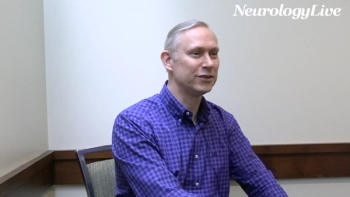
The associate professor of medicine at the Icahn School of Medicine at Mount Sinai outlined emerging interventions aimed at enhancing glymphatic clearance to potentially lower Alzheimer disease risk. [WATCH TIME: 4 minutes]

Recently reported phase 2b results revealed that PrimeC consistently altered ALS-related miRNA expression, reinforcing its potential as a multi-targeted therapy and aligning with previously reported clinical benefits.
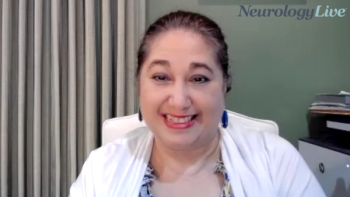
The movement disorder specialist and patient living with Parkinson disease highlighted the need for a more human-centered approach in managing chronic and progressive movement disorders. [WATCH TIME: 6 minutes]
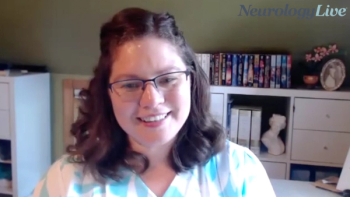
The professor of neurology at Albert Einstein College of Medicine talked about new findings presented at AHS, which suggested that both men and women with migraine can face significantly increased risks of ischemic stroke. [WATCH TIME: 5 minutes]
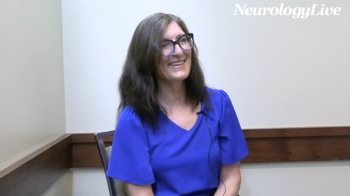
The professor of psychology at the University of Tulsa discussed the clinical utility of using CBT to treat nightmares–especially in children with comorbid conditions like ADHD and anxiety–and the latest research her lab is conducting. [WATCH TIME: 4 minutes]
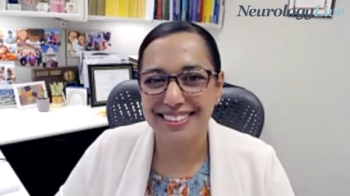
The associate professor of neurology at Mayo Clinic College of Medicine discussed findings presented at AHS 2025 from a post hoc analysis of the phase 3b DELIVER study testing eptinezumab in patients with migraine. [WATCH TIME: 5 minutes]

Mind Moments®, a podcast from NeurologyLive®, brings you an exclusive interview with Joyce Lee-Iannotti, MD, PhD. [LISTEN TIME: 17 minutes]
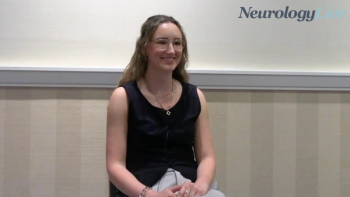
The neuropsychiatry researcher at King's College London highlighted significant gender differences in anxiety, depression, quality of life, and social support among patients with PD undergoing deep brain stimulation. [WATCH TIME: 5 minutes]

Indirect treatment comparisons showed significantly greater or statistically higher improvements in MG-ADL scores with nipocalimab versus other FcRn blockers over 24 weeks.
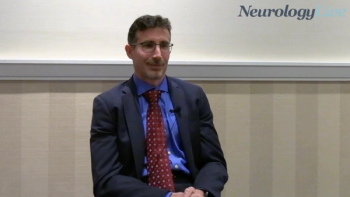
The assistant professor of medicine at Stanford University highlighted how gastrointestinal dysfunction in Parkinson disease can affect levodopa bioavailability and symptom management. [WATCH TIME: 7 minutes]